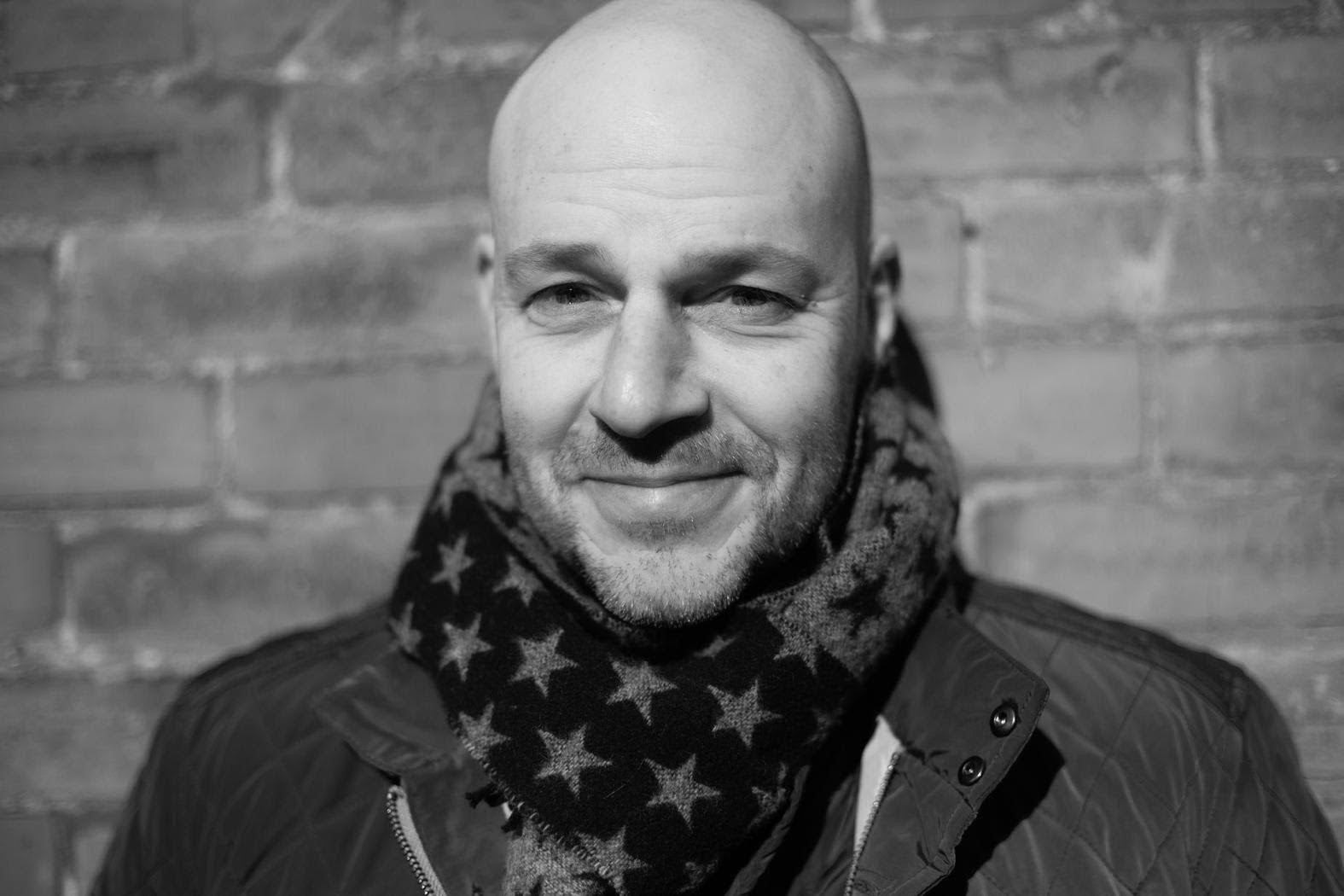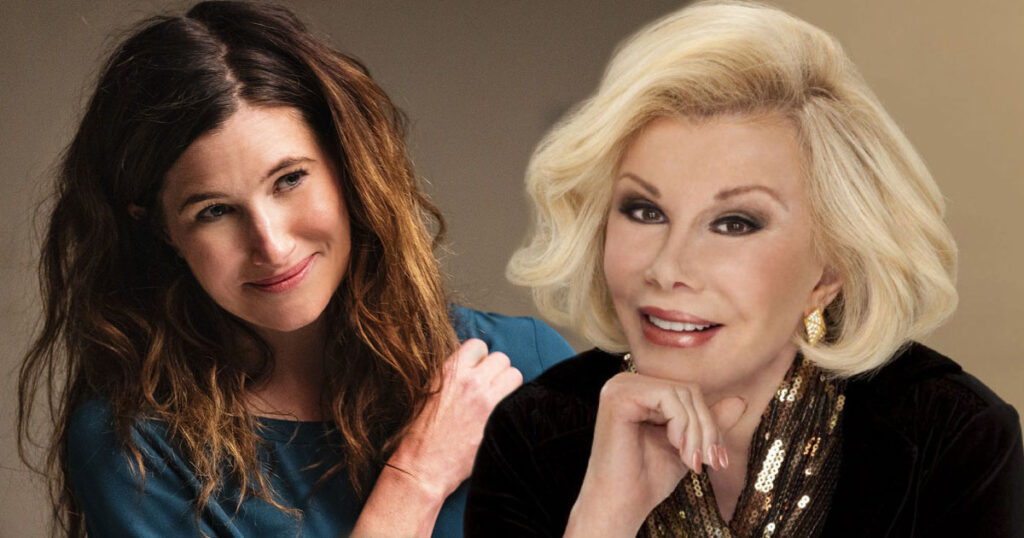The legal concept of film and television life rights are again in our news cycle. While many of us don’t know much about the concept, it determines what TV shows and movies are and aren’t able to be made.
Last month, news broke that a Los Angeles District Court judge ruled that Moctesuma Esparza, the producer of the Selena movie, has the legal basis for a case against the father and sister of the late Tejano superstar Selena Quintanilla.
Then on Tuesday, Variety broke the story that the Joan Rivers limited series “The Comeback Girl,” scheduled to star Wandavision’s Kathryn Hahn, has been cancelled by Showtime because life right weren’t secured from her daughter, Melissa Rivers.
Bob Tarantino, a Toronto lawyer and entertainment law expert, argued in an article he wrote last year – well before the current Selena and Joan Rivers issues – that while life rights are a legal fiction, you need to secure them anyway.
“When creating a project – whether a film, TV show, videogame, graphic novel, or other form of creative expression – that depicts actual living individuals, a commonly arising question is: ‘Do we need to obtain life story rights from that person?’ The answer can be a bit puzzling: “Well, ‘life story rights’ don’t really exist, but you should still probably put a life story rights agreement in place.”
No one can possess a proprietary interest over the event of their own life. There is a lot of what we do that is public knowledge, and, seen together, these public facts are a part of our life story and they are free to be retold.
But in a practical sense, Tarantino observes that when people talk about life story rights:
“…they are likely referring to a loose cluster of potential claims that a person might assert when confronted with, say, a movie about themselves to which they object. Those potential claims include misappropriation of personality, invasion of privacy, and defamation.”
So even if life story rights aren’t an actual “legal thing,” we need to secure them, as we are currently seeing in the Selena case. In In Moctesuma Esparza vs Netflix, Inc., a Delaware Corporation, et al.,the plaintiff producer alleged that Selena’s family violated a 26-year-old contract with him by licensing her life rights to Netflix.
It turns out that Esparza was actually in talks with Netflix about a new Selena series, which he believed went nowhere. He then learned that Selena’s family had struck a deal with Netflix to make “Selena: The Series,” which was released in 2020 and looked at the singer’s youth.
Lauren E. Scardella, a New Jersey lawyer, points out that an agreement for life rights is similar to any other kind of contract:
“The right to tell non-public details of someone else’s life story, whether it’s granted by that person or by their estate, is based entirely upon a contractual agreement. Both parties need to be really clear on what they’re agreeing to, particularly the length of the agreement, as this is where problems can arise years after the contract is signed.”
There is no legal reason a production company couldn’t still move forward with a film or TV series without life rights, but it would be an unauthorized production. To minimize the possibility of a lawsuit from the estate, the production would need to be very careful to only reveal information that is publicly available. In many cases, this is going to restrict the information that a production can use to the point of not making it worthwhile because it would simply be inferior quality as compared to the information and insights possible through an authorized production.
As Tarantino points out, one of the main reasons to secure life rights is the credibility that comes through authorization. Simply put, the access that life rights give lend the credibility that can often be the determining factor between success and failure. Especially where there may be competing productions (there are rumors that Melissa Rivers may be planning her own version of her mother’s story) he counsels us never to underemphasize the potentially massive “promotional or credibility benefits to be gained by having the ‘authorized’ version of the story.”
Beneath the surface of both of these cases lies something that we may have learned as we get set to enter the third winter of a global pandemic – that entertainment is more important than ever in our lives. And more than ever, we crave the level of transparency and authenticity that is simply more difficult to achieve in an unauthorized production which means that it is more important than ever to properly secure the life rights to the stories we want to share with the world..

Aron Solomon, JD, is the Chief Legal Analyst for Esquire Digital and the Editor of Today’s Esquire. He has taught entrepreneurship at McGill University and the University of Pennsylvania, and was elected to Fastcase 50, recognizing the top 50 legal innovators in the world. Aron has been featured in CBS News, USA Today, ESPN, TechCrunch, The Hill, BuzzFeed, Fortune, Venture Beat, The Independent, Yahoo!, ABA Journal, Law.com, The Boston Globe, and many other leading publications.







